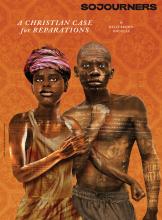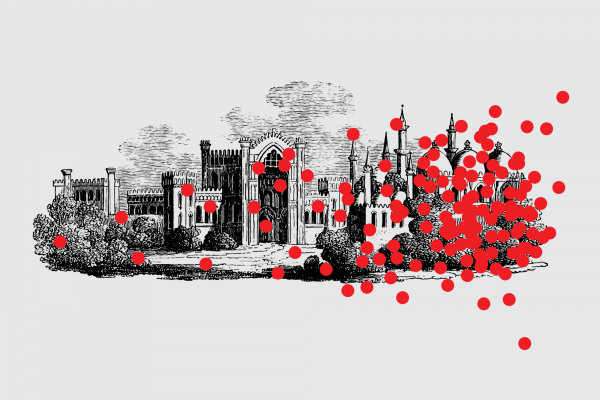THE HORROR JOHN of Ephesus witnessed in north Africa and Constantinople was so traumatic that it took him three years before he could begin to tell the story.
“Thy judgments are like the great deep,” prayed John of the “cruel scourge” that struck the whole world in 544 C.E., when the plague spread along the trade routes of Europe, the Middle East, and Africa. “Like the two edges of the reaper, it successively passed across the earth, and progressed without stopping,” wrote John. The cities stank with unburied corpses. This sixth century deacon and hagiographer wrote, “The mercy of God showed itself everywhere toward the poor, for they died first while everyone was still healthy enough to ... carry them away and bury them.”
No wonder John drew upon the psalms of lament and the “weeping prophet” Jeremiah for guidance. His congregation was dead or dispersed. To anoint and bury the dead meant contamination. All worship was suspended. The normally scrupulous were hoarding and stealing. And rulers who had overspent on imperial expansion placed impossible economic burdens on the survivors.
And then it all happened again 14 more times throughout north Africa—because pandemics recur in waves, sometimes for as long as 200 years.
Read the Full Article

